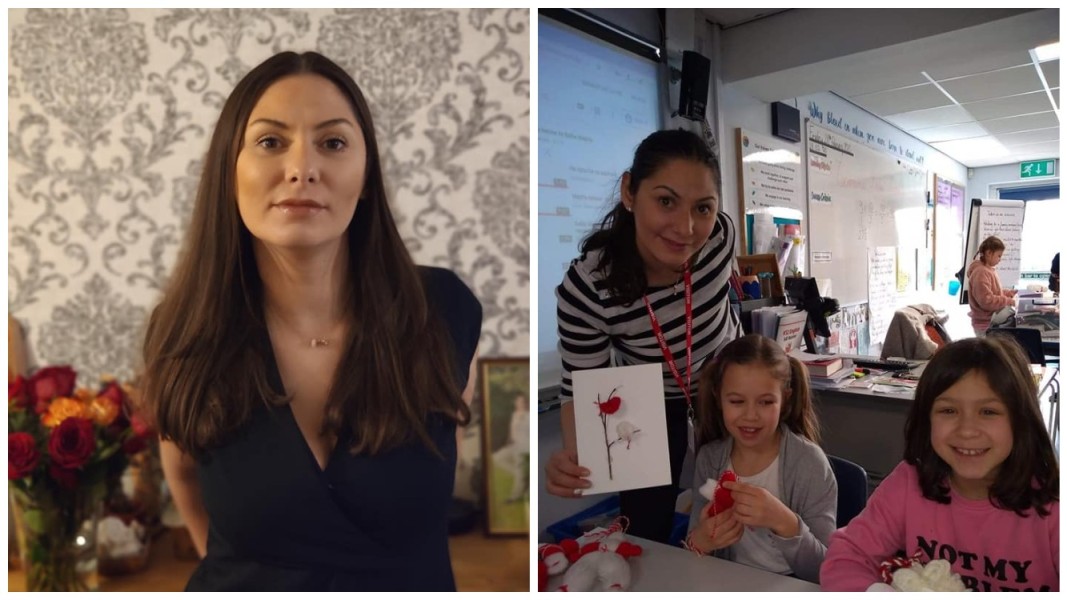"The low voter turnout in Bulgaria is again in the interest of the parties that ruled us in the last 10-15 years. They have a solid electorate that has not changed over the years, which is again proven by the election results" - this is how Victoria Vlahovska from Reading commented on the results of the early parliamentary elections on October 2 in an interview with Radio Bulgaria.
According to her, the election messages of politicians have been the same for a year and a half. Yet:
"The multiple crises have shifted the focus from their messages. People hardly realise that the crisis is not so much the result of the government's mistakes, but is caused by the global situation. All over the world we are seeing inflation reaching enormous proportions, fuel prices rising, electricity prices rising. Of course, this will affect Bulgaria as well and will influence the results of the vote."

Alexandra Assenova, who is responsible for one polling station in London and two in Tottenham, also expressed a similar view.
"The first results we are hearing do not speak of an effort and desire to form a stable cabinet that will last a full term. The feeling is that elections are coming again soon. I think there are no winners in this case, regardless of who voted for which party."
Although a low turnout was expected, its scale surprised Alexandra and the rest of the polling station committee:
"Even those who turned out to vote seemed reluctant to do so. The air of optimism and hope that things will get better that characterises election day was missing."

Victoria Vlahovska is of the opinion that the MRF owes its high result /third power with 13.76%/ to the solid electorate the movement has. And Vazrazhdane /10.17%/, from a party on the threshold of entering parliament, has now managed to outperform the centrist BSP thanks to the populist rhetoric it relies on. She stresses that this is her personal point of view, without claiming to be an expert in political analysis or an observer.
Photos: personal library
A summer edition of the Farmers’ Festival, which focuses on clean food, parenting and books, will take place at the flagpoles of the National Palace of Culture (NDK) in central Sofia from 27 to 29 June. “We’re bringing together publishers offering..
Students from the Vasil Aprilov Bulgarian Sunday School in Charlotte, North Carolina, USA, learned about the life and art of Vladimir Dimitrov – the Master, BTA reports. During the lesson, the children viewed various paintings by the Master and then..
Bulgaria is the country with the lowest prices of basic fuels in the EU – petrol and diesel, data show. Yet, as the date of the expected adoption of the single European currency, the Euro, as of 1 January next year draws nearer, people’s fears seem to..
In a tradition that began informally over 40 years ago and has evolved over time , thousands of people crowded onto Bulgarian beaches on 1 July to welcome..
Teacher-student interaction is in focus during the seventh International "Erasmus+" week, organized by the "Sts. Cyril and Methodius"..

+359 2 9336 661
